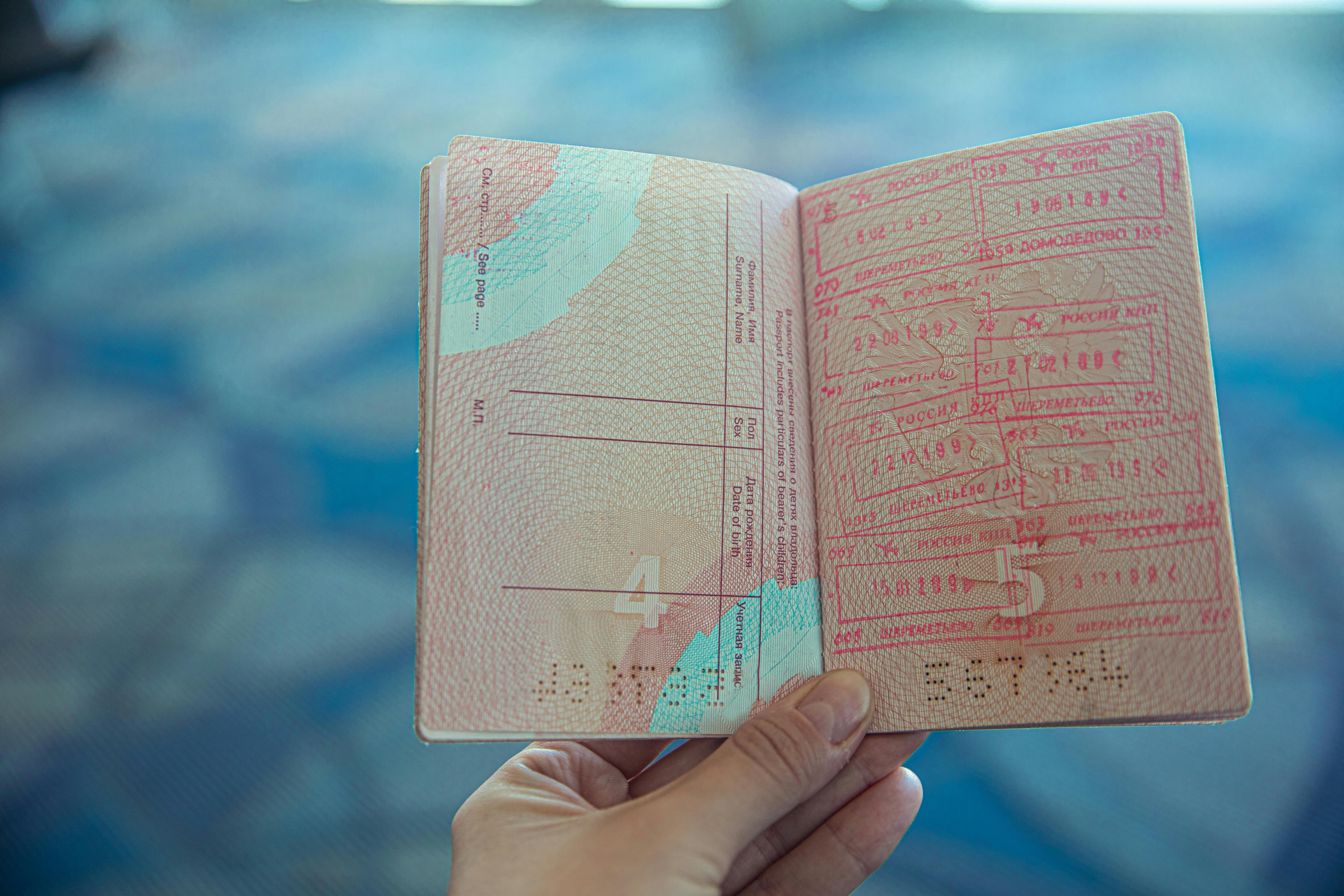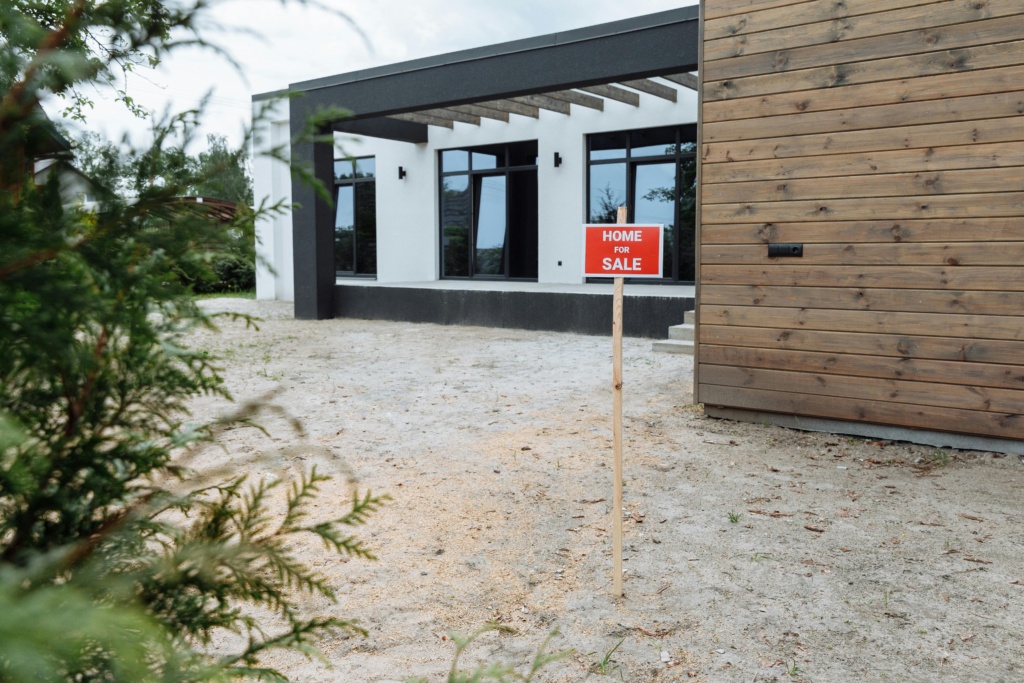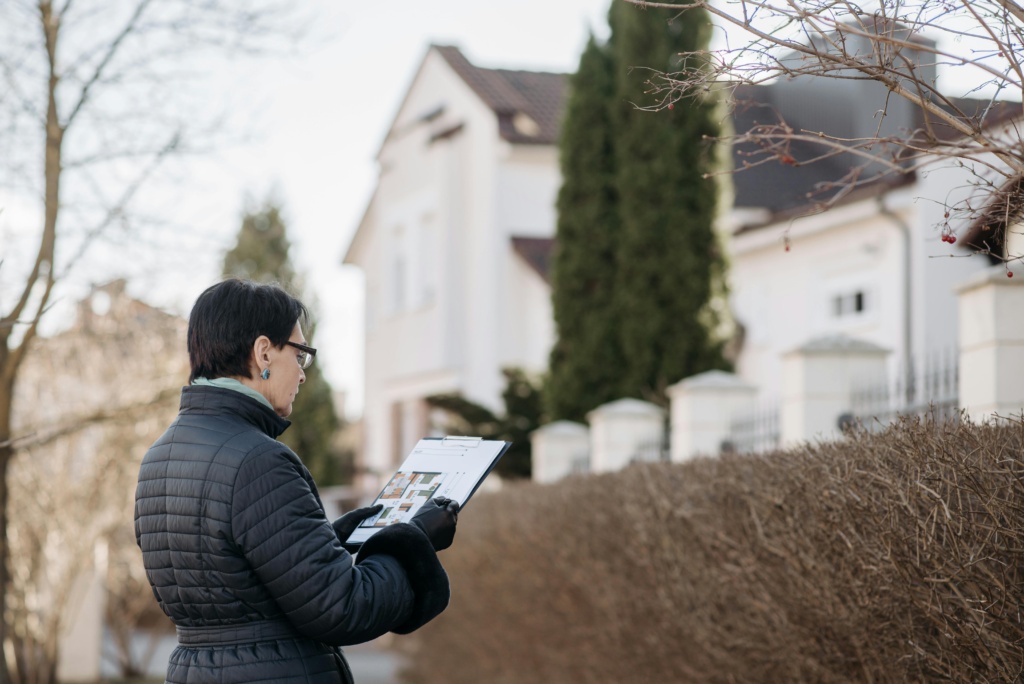A visa refusal or cancellation can be a major setback, especially if you’ve made plans to study, work, or live in Australia. It can leave you uncertain about your future and what steps to take next.
Understanding why the decision was made and what options are available is the first step. In many cases, applicants may have the right to appeal an Australian visa refusal or request a review of the decision. Acting within the required timeframe is critical, as appeal rights often have strict deadlines.
This guide explains the most common reasons for visa refusals and cancellations, what to do after receiving a decision, and how the appeal process works in Australia.
Common Reasons for Australian Visa Refusal or Cancellation
Understanding why a visa is refused or cancelled helps you identify what went wrong and how to respond. The Department of Home Affairs assesses every visa application against strict legal and eligibility criteria. If any requirement is not met, the visa may be refused or an existing visa may be cancelled.
Common reasons for Australian visa refusal include:
- Incomplete or incorrect documentation: Missing evidence or inconsistencies between forms and supporting documents can lead to refusal.
- Failure to meet character or health requirements: Applicants must satisfy character checks and medical standards under Australian law.
- Insufficient financial evidence: The Department must be satisfied that applicants can support themselves during their stay.
- Incorrect or misleading information: Providing false or incomplete information, even by mistake, can result in refusal.
- Not meeting genuine intention requirements: Student or visitor visas, for example, may be refused if decision-makers doubt the applicant’s genuine intent to stay temporarily.
Visa cancellations can occur after a visa has been granted. Common reasons include:
- Breaching visa conditions (such as work limitations or study requirements).
- Failing to comply with Australian laws.
- Changes in personal circumstances, such as the end of a relationship for partner visa holders.
- Providing false or misleading information during or after the application process.
Knowing the specific reason for your visa refusal or cancellation is essential before taking any action.
Understanding Your Visa Refusal or Cancellation Notice
When a visa is refused or cancelled, the Department of Home Affairs issues an official notice outlining the reasons for the decision. This document is critical, it explains why the decision was made and whether you have the right to appeal.
The notice usually includes:
- The decision date: This determines how long you have to act. Appeal deadlines are strict, and missing them may remove your right to review.
- The reason for the decision: This section lists the legal grounds or criteria you did not meet. Reading this carefully helps identify what evidence or explanation may be needed for an appeal.
- Your appeal rights: Some applicants can seek a review through the Administrative Appeals Tribunal (AAT). The notice will specify if you are eligible and how much time you have to lodge an application.
- Instructions for next steps: Depending on your situation, this may include how to appeal, reapply, or leave Australia within a certain period.
Keep a copy of your notice and any related correspondence. Acting quickly is essential, most appeals must be lodged within 21 days of receiving the decision.
Can You Appeal an Australian Visa Refusal or Cancellation?
Many people have the right to appeal a visa refusal or cancellation, but eligibility depends on the type of visa and where the application was made. The appeal process allows you to request an independent review of the Department of Home Affairs’ decision through the Administrative Appeals Tribunal.
You may be able to appeal if:
- The visa application was made while you were in Australia.
- You hold or held a valid visa at the time of the decision.
- The notice from the Department confirms that you have review rights.
Appeals are generally not available for:
- Visa applications lodged from outside Australia.
- Refusals or cancellations made personally by the Minister for Home Affairs.
- Certain security or character-related decisions.
The AAT does not issue new visas. Instead, it reviews whether the Department made the correct decision based on the law and the evidence. If the Tribunal finds that the decision was wrong, it can set it aside and send the matter back to the Department for reconsideration.
Steps to Appeal an Australian Visa Refusal
If your visa has been refused or cancelled and you have appeal rights, acting quickly is essential. The Administrative Appeals Tribunal has strict deadlines, and missing them may result in losing the chance to have your case reviewed.
The process usually follows these steps:
1. Check your eligibility to appeal
Review your refusal or cancellation notice to confirm if you can apply for a review. The notice will state whether you are eligible and the time limit to lodge an appeal.
2. Lodge your appeal with the AAT
Submit your application online through the AAT website before the deadline listed in your notice. You’ll need to include your decision letter and pay the required application fee.
3. Prepare supporting evidence
Gather documents that address the issues raised in your refusal or cancellation notice. This might include financial records, character references, updated forms, or additional evidence to support your case.
4. Attend your hearing or provide submissions
The Tribunal may schedule a hearing or request written submissions. This is your opportunity to explain your situation and present new or corrected information.
5. Wait for the AAT’s decision
The Tribunal will review your case and issue a decision. It may confirm the original decision, overturn it, or send it back to the Department of Home Affairs for reassessment.
Each step must be completed carefully and within the required timeframe. Preparing a strong appeal with accurate information and supporting evidence increases the likelihood of a positive outcome.
What Happens After You Lodge an Appeal
Once an appeal is lodged with the Administrative Appeals Tribunal, the case enters a review process to assess whether the Department of Home Affairs made the correct decision. The Tribunal operates independently and examines all available evidence before making its determination.
After lodging an appeal, the process generally involves:
- Acknowledgement of your application: The AAT confirms that your appeal has been received and is valid.
- Request for further information: You may be asked to provide extra documents or clarify details related to your case.
- Scheduling a hearing: Most applicants are invited to attend a hearing, either in person or online, where they can explain their situation directly to the Tribunal.
- Consideration of new evidence: The AAT reviews all information provided, including any new or updated documents.
- Issuing a decision: The Tribunal may:
- Set aside the decision, allowing the visa to be reconsidered by the Department.
- Vary the decision with specific instructions.
- Affirm the original refusal or cancellation.
Timeframes vary based on the type of visa and case complexity. Some reviews may take several months. During this period, applicants often remain on a bridging visa that keeps them lawfully in Australia until a decision is made.
When You Can’t Appeal a Visa Refusal or Cancellation
Not every decision made by the Department of Home Affairs can be appealed. Some applicants may have limited or no rights to review their case through the Administrative Appeals Tribunal. Knowing when this applies helps you decide your next move and avoid losing valuable time.
You generally cannot appeal a visa refusal or cancellation if:
- The application was lodged outside Australia.
- The decision was made personally by the Minister for Home Affairs.
- Your visa has already expired and you no longer hold a valid bridging visa.
- The visa type is one that does not carry review rights under migration law.
If you cannot appeal, other pathways may still be available:
- Judicial review: You may apply to the Federal Circuit and Family Court of Australia if there is evidence that a legal error occurred during the decision-making process.
- Reapplying for a different visa: Depending on your circumstances, you may be eligible to submit a new application that better meets the requirements.
- Ministerial intervention: In rare cases, the Minister may personally intervene and grant a visa if there are compelling or compassionate circumstances.
Each situation is unique. Understanding which pathway applies to your case ensures you act within legal timeframes and explore all available options.
Preventing Future Visa Refusals or Cancellations
Understanding what caused a refusal or cancellation helps prevent the same issue from happening again. Careful preparation, accurate information, and compliance with visa conditions are the most effective ways to protect your immigration status.
To reduce the risk of future visa problems:
- Check eligibility before applying: Make sure you meet all legal and evidentiary requirements for the visa subclass you’re applying for.
- Provide complete and accurate documentation: Small inconsistencies or missing details can trigger automatic refusals.
- Keep your details up to date: Notify the Department of Home Affairs of any changes to your address, employment, relationship status, or study plans.
- Comply with all visa conditions: Follow work limits, attendance requirements, and any other obligations that apply to your visa.
- Seek professional advice early: Consulting an immigration lawyer before submitting your application can help identify potential risks and strengthen your case.
How an Immigration Lawyer Can Help
An experienced immigration lawyer can make a significant difference after a visa refusal or cancellation. The appeals process involves strict legal requirements, short deadlines, and complex documentation that must be managed accurately. Professional guidance ensures every step is handled correctly and on time.
An immigration lawyer can assist by:
- Assessing your eligibility to appeal: Reviewing the decision and identifying the best course of action.
- Preparing strong submissions: Gathering the right evidence, drafting legal arguments, and presenting your case clearly to the Administrative Appeals Tribunal.
- Managing communication: Handling all correspondence with the Department of Home Affairs and the Tribunal on your behalf.
- Explaining your options: Providing clear advice about possible outcomes, timelines, and next steps if the appeal is unsuccessful.
Working with an immigration lawyer provides reassurance that your rights are protected and that your case is presented in the best possible way.
Get Help After an Australian Visa Refusal or Cancellation
A visa refusal or cancellation can feel overwhelming, but quick and informed action can make a real difference to the outcome. Understanding your rights, meeting appeal deadlines, and preparing a strong case are essential steps in protecting your future in Australia.
If you’ve received notice of an Australian visa refusal or visa cancellation, getting professional guidance early helps you understand your options and respond effectively.
Astraea Law provides clear, efficient, and supportive legal advice for individuals facing migration challenges. Our team works to simplify the process, protect your rights, and give you confidence in the next steps.
Contact Astraea Law today to discuss your situation and get advice on your best pathway forward.














